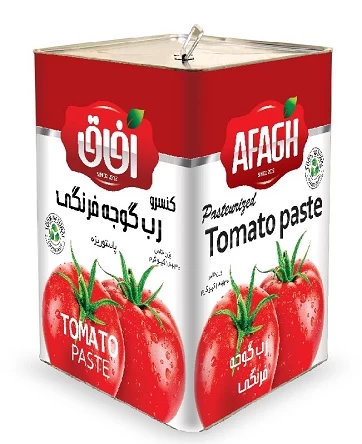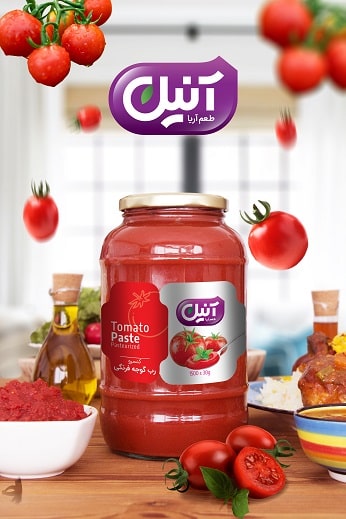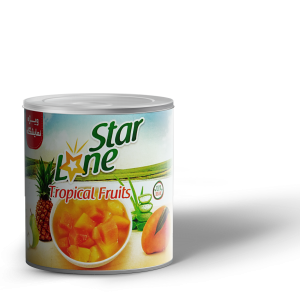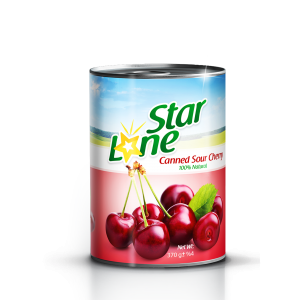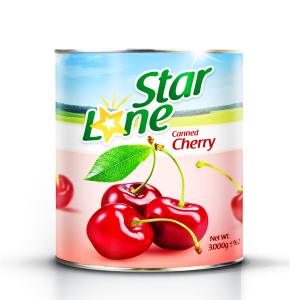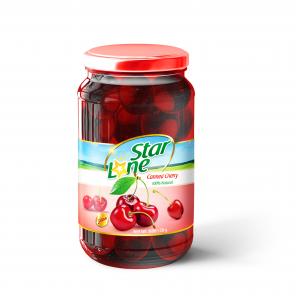Food & Beverage
Foods can be categorized in various ways based on their nutritional content, culinary use, origin, and more. Here are some broad categories of foods:
1. Fruits: Fresh or dried fruits such as apples, bananas, oranges, grapes, and berries. Fruits are rich in vitamins, minerals, and fiber.
2. Vegetables: Fresh, frozen, or canned vegetables like spinach, broccoli, carrots, tomatoes, and bell peppers. Vegetables are essential sources of vitamins, minerals, and dietary fiber.
3. Grains: Foods made from grains such as wheat, rice, oats, barley, and quinoa. Grains provide carbohydrates, fiber, and various nutrients.
4. Proteins: Protein-rich foods including meat, poultry, fish, eggs, tofu, beans, lentils, and nuts. Proteins are vital for building and repairing tissues in the body.
5. Dairy: Milk and dairy products like cheese, yogurt, and butter. Dairy products are excellent sources of calcium, protein, and other nutrients.
6. Fats and Oils: Sources of healthy fats and oils such as olive oil, avocado, nuts, and seeds. These provide essential fatty acids and fat-soluble vitamins.
7. Sweets and Snacks: Desserts, candies, chocolates, cookies, chips, and other snack foods. These are often high in sugar, fat, and calories and should be consumed in moderation.
8. Beverages: Drinks such as water, tea, coffee, juice, soda, . Choosing water, herbal tea, or unsweetened beverages is often the healthiest option.
9. Processed and Packaged Foods: Convenience foods like canned soups, frozen meals, packaged snacks, and ready-to-eat meals. These may contain added preservatives, salt, sugar, and artificial ingredients.
10. Specialty Foods: Foods specific to certain cuisines, dietary preferences, or cultural traditions. Examples include sushi, tacos, pizza, vegan dishes, and gluten-free products.
These categories encompass a wide range of foods, and within each category, there are countless varieties and options to explore. It's important to maintain a balanced diet by incorporating a variety of foods from different food groups to meet your nutritional needs.

Beverages refer to any type of liquid intended for human consumption. They can be categorized into various types based on their ingredients, processing methods, and usage. Here are some common categories of beverages:
1. Water: Including plain water, mineral water, sparkling water, and flavored water. Water is essential for hydration and is calorie-free.
2. Tea: Made from the leaves of the Camellia sinensis plant, tea comes in various types such as black tea, green tea, white tea, oolong tea, and herbal tea. It can be served hot or cold and may contain caffeine.
3. Coffee: Brewed from roasted coffee beans, coffee is a popular beverage worldwide. It can be served black or with milk, cream, sugar, or flavored syrups. Coffee contains caffeine, which provides a stimulating effect.
4. Juices: Fruit juices are made by extracting the liquid from fruits such as orange, apple, grape, pineapple, and cranberry. They can be consumed as is or mixed with other ingredients. Vegetable juices like carrot juice and beetroot juice are also popular.
5. Soft Drinks: Also known as sodas or carbonated beverages, soft drinks include cola, lemon-lime soda, root beer, and various flavored sodas. They are typically sweetened and carbonated.
6. Milk: Including cow's milk, goat's milk, and plant-based milk alternatives like almond milk, soy milk, oat milk, and coconut milk. Milk can be consumed plain or used in various beverages such as coffee, tea, and smoothies.
7 Smoothies and Shakes: Made by blending fruits, vegetables, yogurt, milk, and other ingredients. Smoothies are often consumed as a nutritious snack or meal replacement, while shakes are typically sweet and indulgent.
8. Energy Drinks: Beverages containing stimulants like caffeine, taurine, and vitamins, marketed to provide a boost of energy and improve performance. They often contain sugar or artificial sweeteners.
9. Sports Drinks: Formulated to rehydrate and replenish electrolytes lost during physical activity. Sports drinks typically contain water, sugar, electrolytes, and flavoring.
These are just some examples of beverages, and there are countless variations and combinations available to suit different tastes and preferences. It's important to consume beverages in moderation and choose options that align with your dietary goals and nutritional needs.

Beverages are essential for several reasons related to hydration, nutrition, and enjoyment:
1. Hydration: Beverages, especially water, are crucial for maintaining proper hydration levels in the body. Adequate hydration is essential for various bodily functions, including regulating body temperature, transporting nutrients, and removing waste products.
2. Nutrient Intake: Many beverages contain essential nutrients that contribute to overall health and well-being. For example, milk is a good source of calcium, protein, and vitamins, while fruit juices provide vitamins and antioxidants. Plant-based milk alternatives like almond milk and soy milk can be fortified with calcium and vitamin D.
3. Electrolyte Balance: Certain beverages, such as sports drinks and coconut water, contain electrolytes like sodium, potassium, and magnesium, which are important for maintaining fluid balance, muscle function, and nerve transmission.
4. Energy Boost: Beverages like coffee, tea, and energy drinks contain caffeine, which can provide a temporary boost in energy levels and improve mental alertness and concentration.
5. Social and Cultural Importance: Beverages play a significant role in social gatherings, celebrations, and cultural rituals. Sharing a cup of coffee with friends, toasting at weddings, and enjoying traditional beverages during holidays are examples of how beverages contribute to social bonding and cultural identity.
6. Enjoyment and Pleasure: Beverages are often consumed for their taste, flavor, and sensory experience. Whether it's savoring a refreshing glass of iced tea on a hot day or indulging in a rich and creamy milkshake as a treat, beverages can provide enjoyment and satisfaction.
7. Digestive Aid: Certain beverages, such as herbal teas and warm water with lemon, are believed to have digestive benefits. They can help soothe the stomach, aid in digestion, and promote overall gastrointestinal health.
8. Health and Wellness: Beverages can be used to promote health and wellness by incorporating ingredients with functional benefits. For example, green tea is rich in antioxidants, while smoothies made with fruits and vegetables can provide vitamins, minerals, and fiber.
In summary, beverages are important for hydration, nutrient intake, energy, social interaction, enjoyment, and overall well-being. Choosing a variety of beverages and staying mindful of their nutritional content can contribute to a balanced and healthy lifestyle.
2. Vegetables: Fresh, frozen, or canned vegetables like spinach, broccoli, carrots, tomatoes, and bell peppers. Vegetables are essential sources of vitamins, minerals, and dietary fiber.
4. Proteins: Protein-rich foods including meat, poultry, fish, eggs, tofu, beans, lentils, and nuts. Proteins are vital for building and repairing tissues in the body.
5. Dairy: Milk and dairy products like cheese, yogurt, and butter. Dairy products are excellent sources of calcium, protein, and other nutrients.
6. Fats and Oils: Sources of healthy fats and oils such as olive oil, avocado, nuts, and seeds. These provide essential fatty acids and fat-soluble vitamins.
7. Sweets and Snacks: Desserts, candies, chocolates, cookies, chips, and other snack foods. These are often high in sugar, fat, and calories and should be consumed in moderation.
8. Beverages: Drinks such as water, tea, coffee, juice, soda, . Choosing water, herbal tea, or unsweetened beverages is often the healthiest option.
9. Processed and Packaged Foods: Convenience foods like canned soups, frozen meals, packaged snacks, and ready-to-eat meals. These may contain added preservatives, salt, sugar, and artificial ingredients.
10. Specialty Foods: Foods specific to certain cuisines, dietary preferences, or cultural traditions. Examples include sushi, tacos, pizza, vegan dishes, and gluten-free products.
These categories encompass a wide range of foods, and within each category, there are countless varieties and options to explore. It's important to maintain a balanced diet by incorporating a variety of foods from different food groups to meet your nutritional needs.

Beverages refer to any type of liquid intended for human consumption. They can be categorized into various types based on their ingredients, processing methods, and usage. Here are some common categories of beverages:
1. Water: Including plain water, mineral water, sparkling water, and flavored water. Water is essential for hydration and is calorie-free.
2. Tea: Made from the leaves of the Camellia sinensis plant, tea comes in various types such as black tea, green tea, white tea, oolong tea, and herbal tea. It can be served hot or cold and may contain caffeine.
4. Juices: Fruit juices are made by extracting the liquid from fruits such as orange, apple, grape, pineapple, and cranberry. They can be consumed as is or mixed with other ingredients. Vegetable juices like carrot juice and beetroot juice are also popular.
5. Soft Drinks: Also known as sodas or carbonated beverages, soft drinks include cola, lemon-lime soda, root beer, and various flavored sodas. They are typically sweetened and carbonated.
6. Milk: Including cow's milk, goat's milk, and plant-based milk alternatives like almond milk, soy milk, oat milk, and coconut milk. Milk can be consumed plain or used in various beverages such as coffee, tea, and smoothies.
7 Smoothies and Shakes: Made by blending fruits, vegetables, yogurt, milk, and other ingredients. Smoothies are often consumed as a nutritious snack or meal replacement, while shakes are typically sweet and indulgent.
8. Energy Drinks: Beverages containing stimulants like caffeine, taurine, and vitamins, marketed to provide a boost of energy and improve performance. They often contain sugar or artificial sweeteners.
9. Sports Drinks: Formulated to rehydrate and replenish electrolytes lost during physical activity. Sports drinks typically contain water, sugar, electrolytes, and flavoring.
These are just some examples of beverages, and there are countless variations and combinations available to suit different tastes and preferences. It's important to consume beverages in moderation and choose options that align with your dietary goals and nutritional needs.

Beverages are essential for several reasons related to hydration, nutrition, and enjoyment:
2. Nutrient Intake: Many beverages contain essential nutrients that contribute to overall health and well-being. For example, milk is a good source of calcium, protein, and vitamins, while fruit juices provide vitamins and antioxidants. Plant-based milk alternatives like almond milk and soy milk can be fortified with calcium and vitamin D.
3. Electrolyte Balance: Certain beverages, such as sports drinks and coconut water, contain electrolytes like sodium, potassium, and magnesium, which are important for maintaining fluid balance, muscle function, and nerve transmission.
4. Energy Boost: Beverages like coffee, tea, and energy drinks contain caffeine, which can provide a temporary boost in energy levels and improve mental alertness and concentration.
5. Social and Cultural Importance: Beverages play a significant role in social gatherings, celebrations, and cultural rituals. Sharing a cup of coffee with friends, toasting at weddings, and enjoying traditional beverages during holidays are examples of how beverages contribute to social bonding and cultural identity.
6. Enjoyment and Pleasure: Beverages are often consumed for their taste, flavor, and sensory experience. Whether it's savoring a refreshing glass of iced tea on a hot day or indulging in a rich and creamy milkshake as a treat, beverages can provide enjoyment and satisfaction.
7. Digestive Aid: Certain beverages, such as herbal teas and warm water with lemon, are believed to have digestive benefits. They can help soothe the stomach, aid in digestion, and promote overall gastrointestinal health.
8. Health and Wellness: Beverages can be used to promote health and wellness by incorporating ingredients with functional benefits. For example, green tea is rich in antioxidants, while smoothies made with fruits and vegetables can provide vitamins, minerals, and fiber.
In summary, beverages are important for hydration, nutrient intake, energy, social interaction, enjoyment, and overall well-being. Choosing a variety of beverages and staying mindful of their nutritional content can contribute to a balanced and healthy lifestyle.
FAQs
How are meals divided?
Foods can be categorized in various ways based on their nutritional content, culinary use, origin, and more.
Why is diet necessary?
It's important to maintain a balanced diet by incorporating a variety of foods from different food groups to meet your nutritional needs.
What is beverage ?
Beverages refer to any type of liquid intended for human consumption.
What is tea ?
Made from the leaves of the Camellia sinensis plant, tea comes in various types such as black tea, green tea, white tea, oolong tea, and herbal tea.
 +7929688-88-14
+7929688-88-14

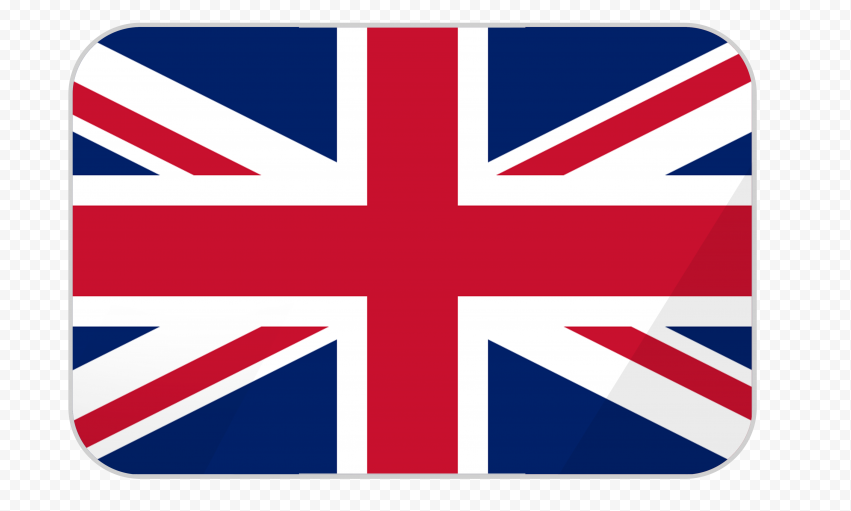 English
English
 Persian
Persian
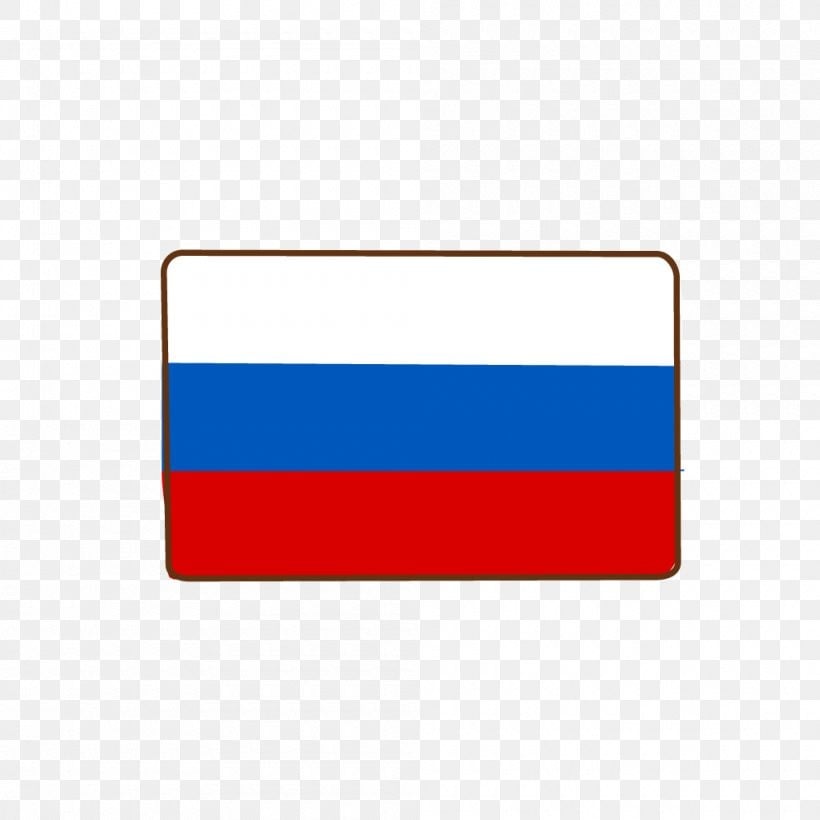 Russian
Russian
 Chinese
Chinese


 +7929688-88-14
+7929688-88-14

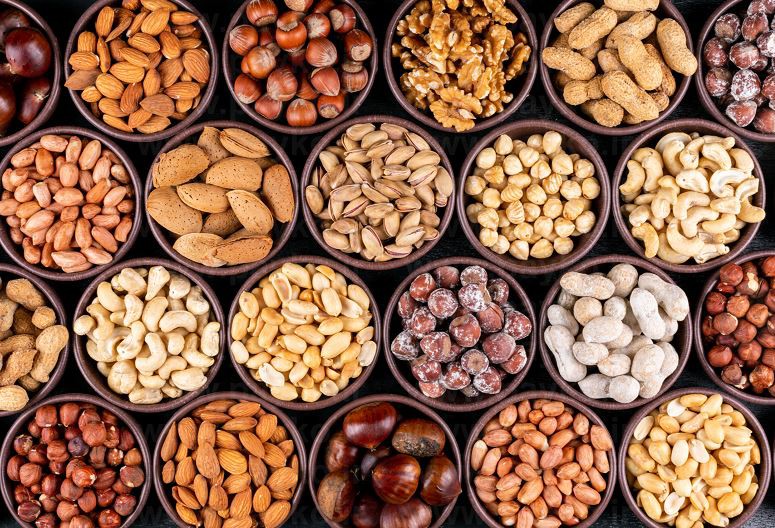
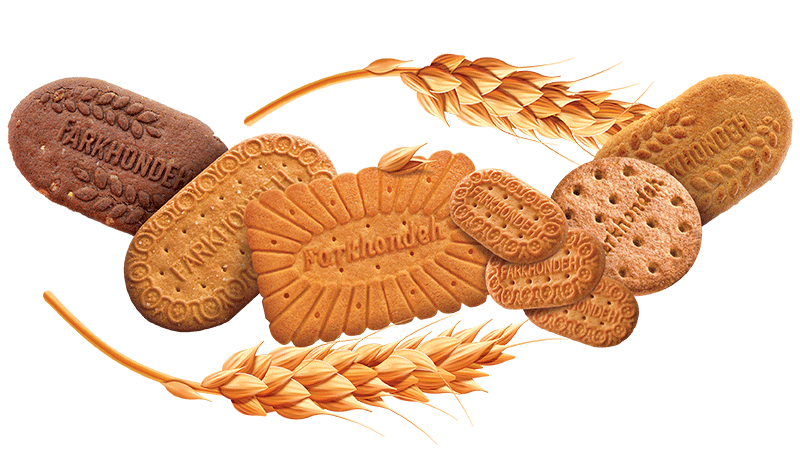

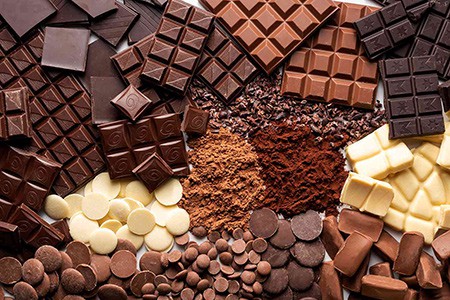

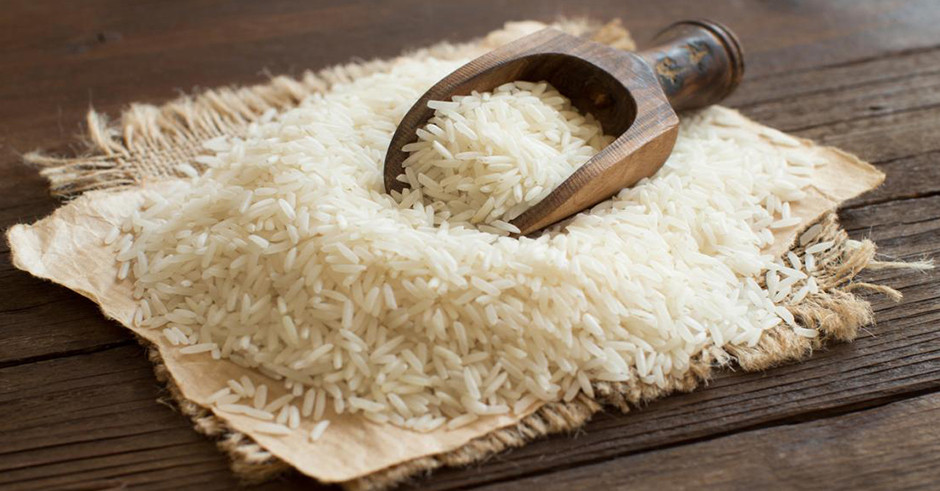

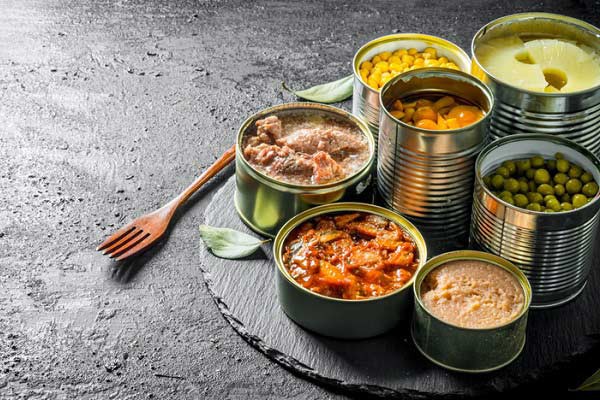

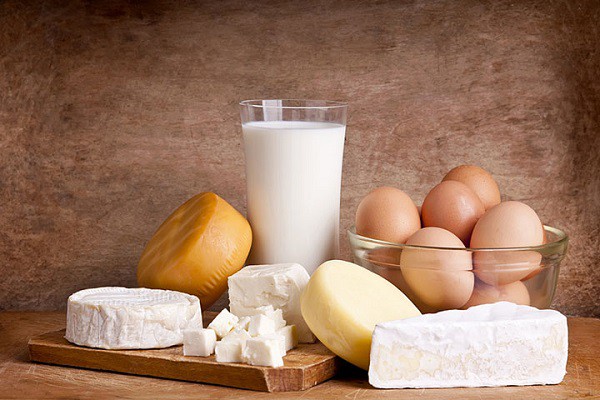
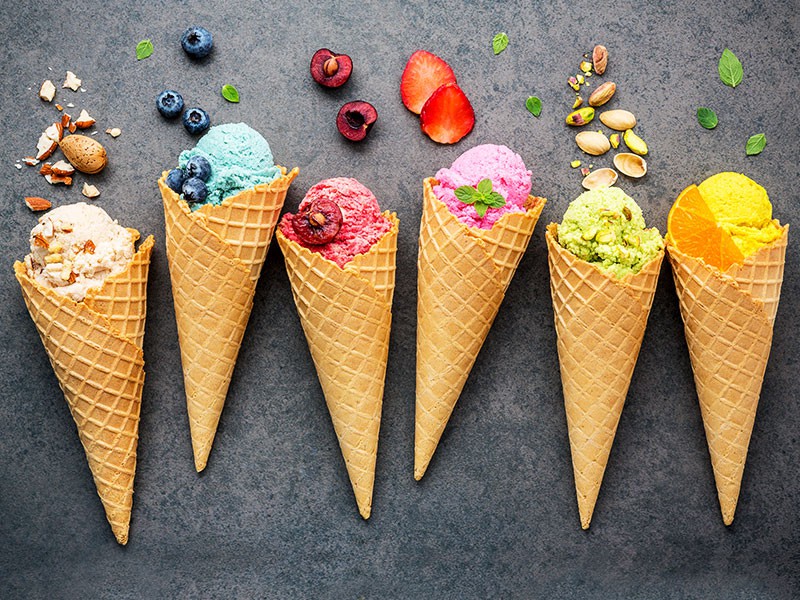
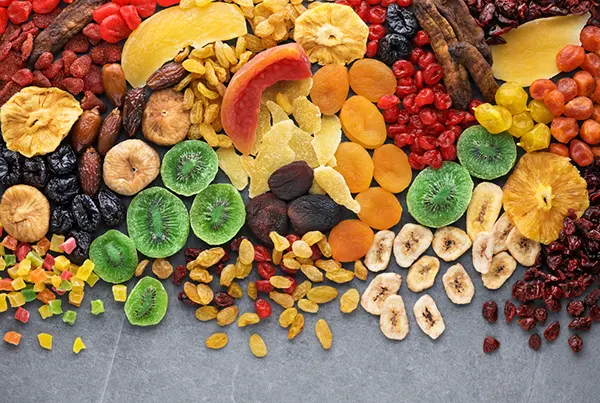
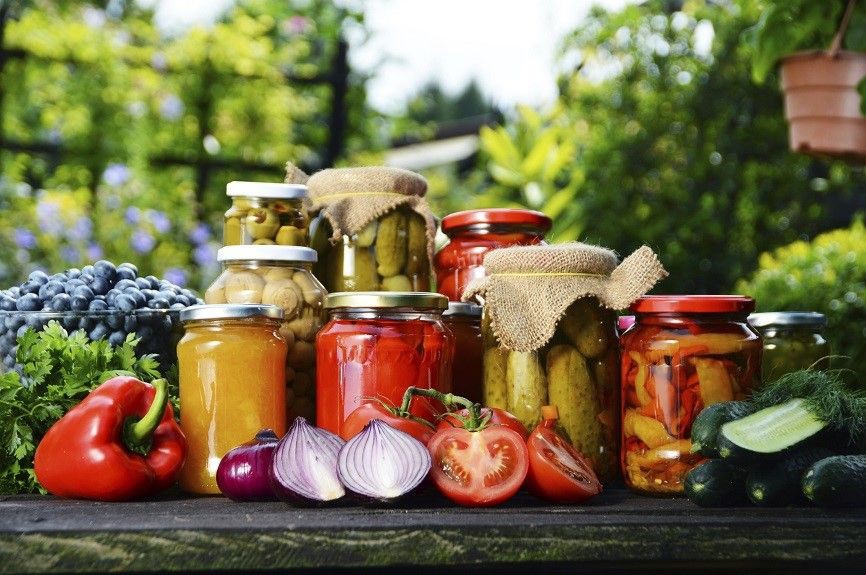
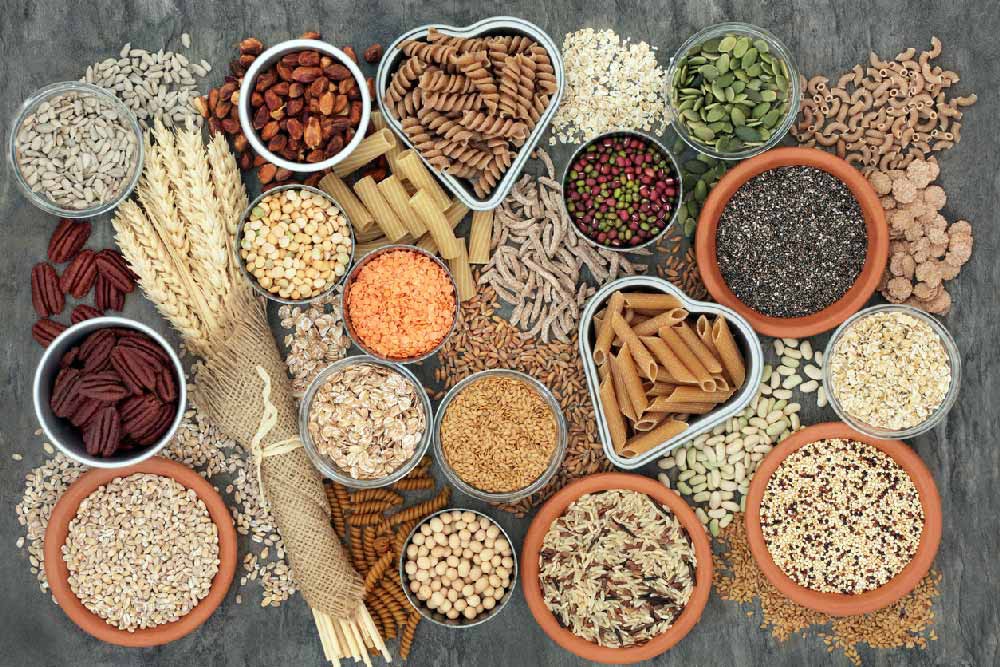






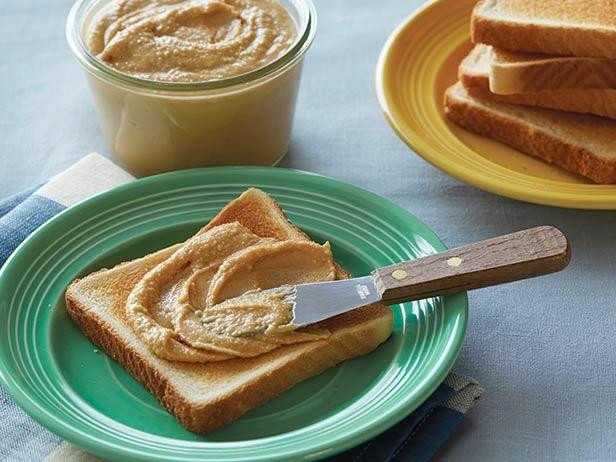
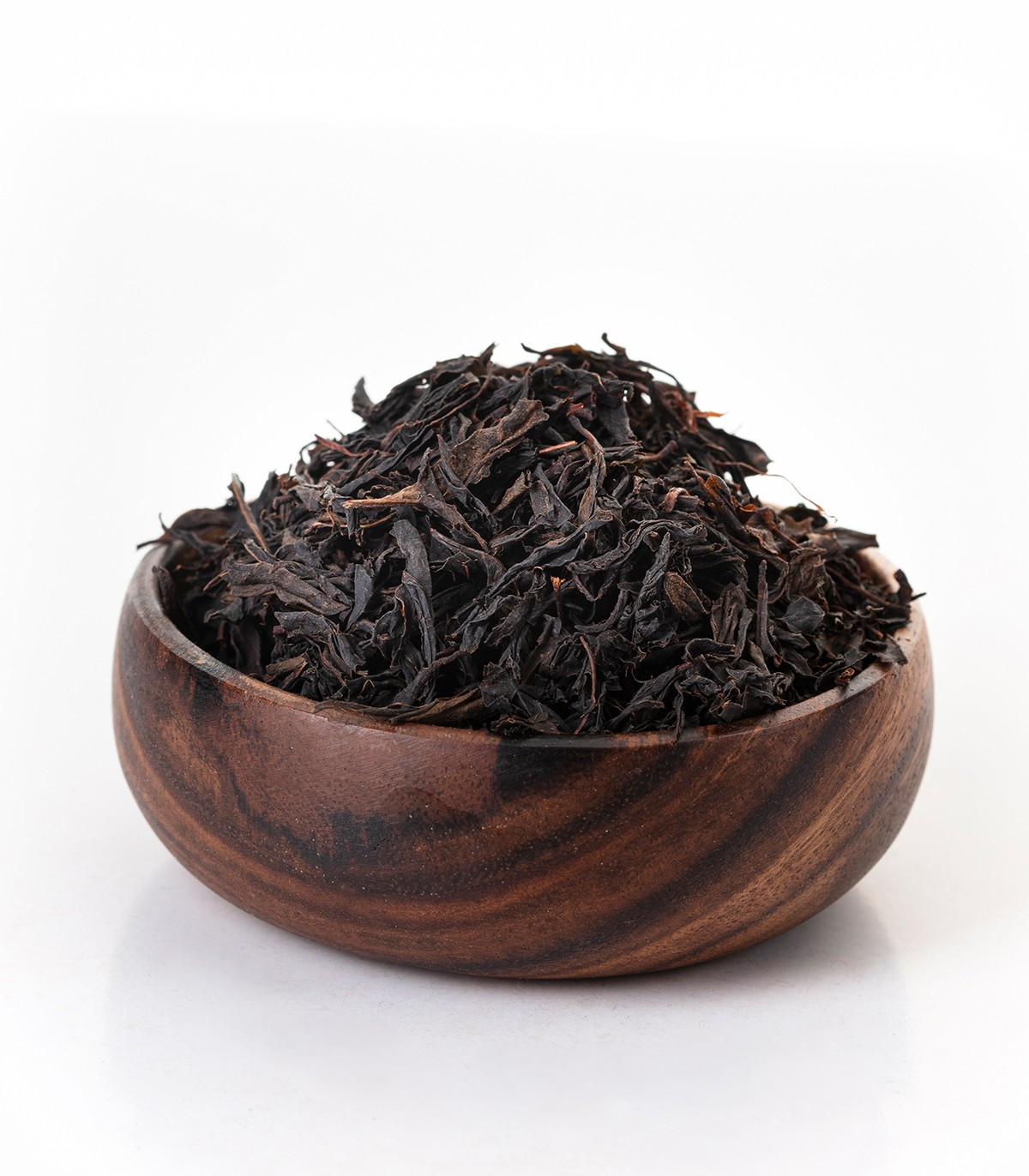

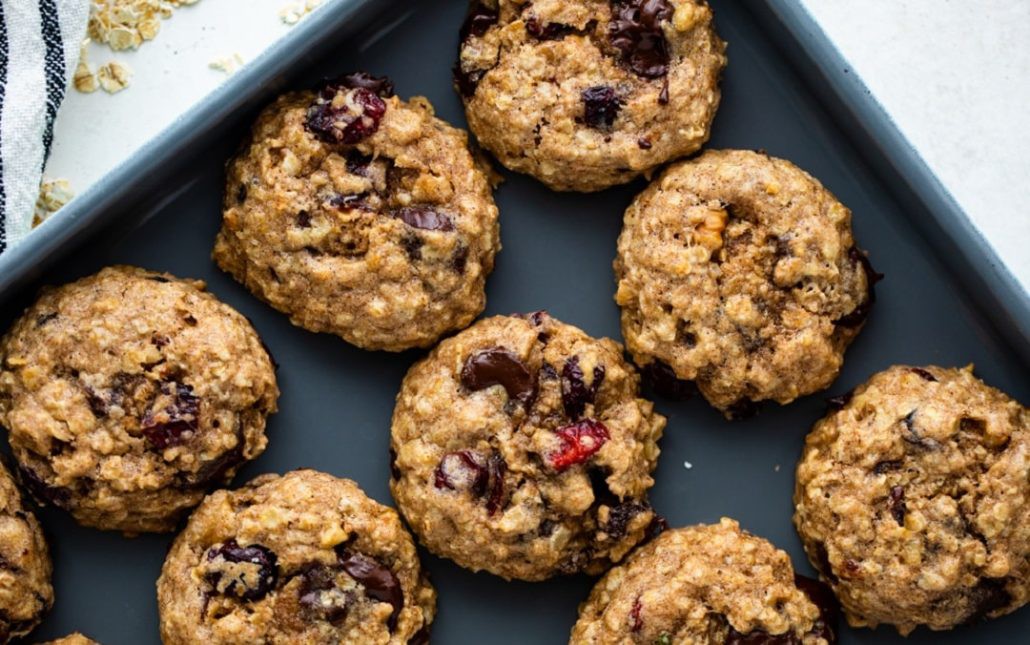




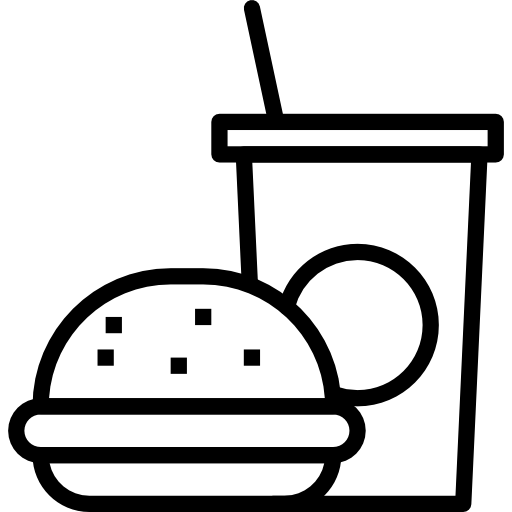
 680g afaag.webp)

680g poonal.webp)

 anil.webp)


















